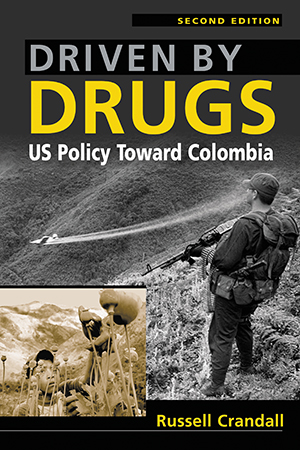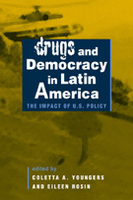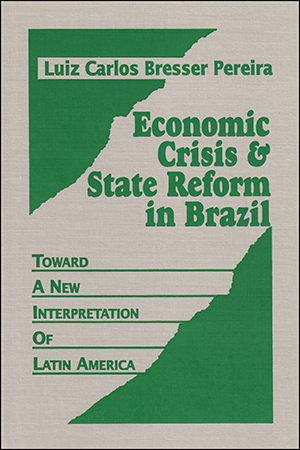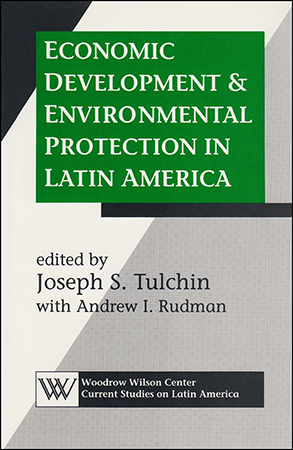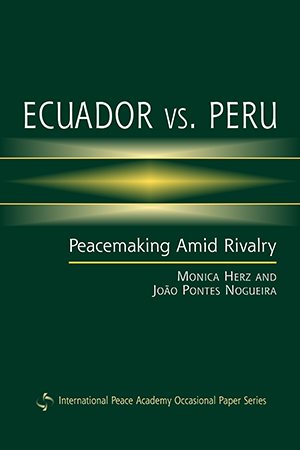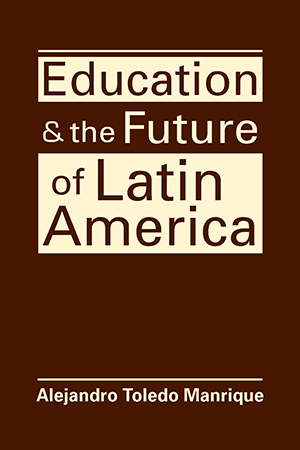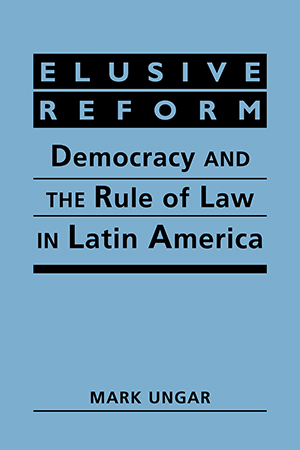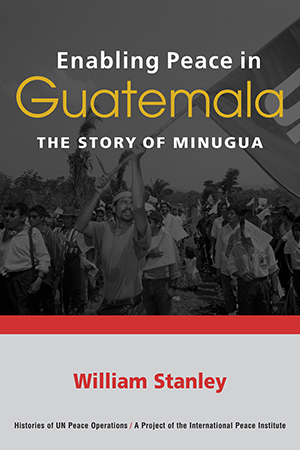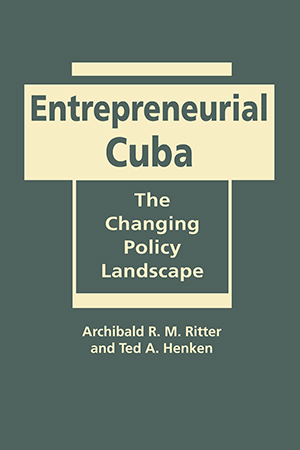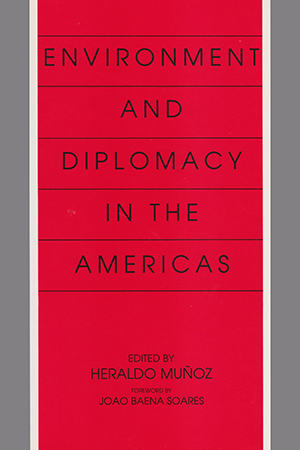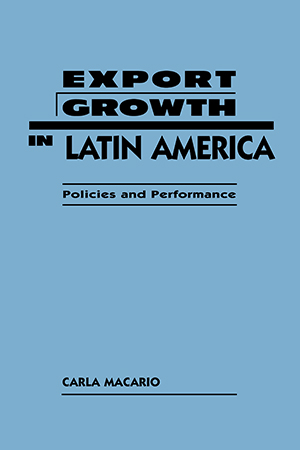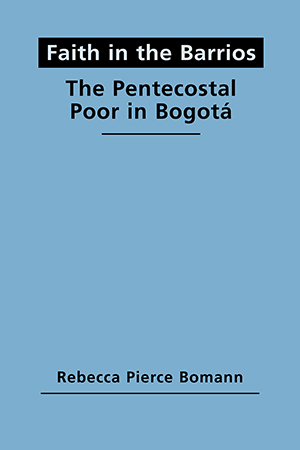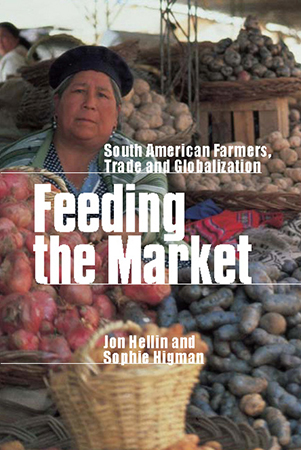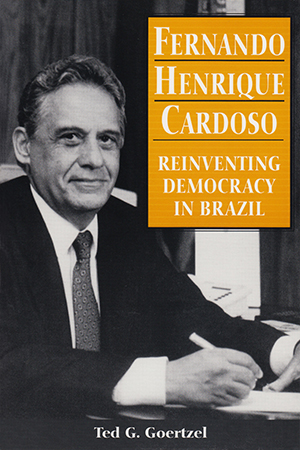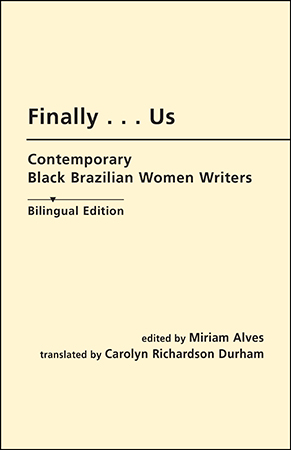Latin America and the Caribbean
In the years since the first edition of Driven by Drugs was published, there have been dramatic changes in US policy toward Colombia, as well as in domestic Colombian politics. This new More >
Although the US has spent more than $25 billion on international drug-control programs over the last two decades, it has failed to reduce the supply of cocaine and heroin entering the More >
Choice Outstanding Academic Book! This is a book about the economic crisis that took hold of Brazil and the rest of Latin America in the 1980s, its political consequences, and the economic More >
This collection of original pieces addresses the need to reconcile economic growth and environmental protection in Latin America. The contributors—among them scholars, government More >
Although the 1995 Cenepa war between Ecuador and Peru was the first military conflict in South America in more than five decades, the Ecuador-Peru relationship might be characterized as one More >
What will it take to overcome the many challenges that Latin America faces in developing quality, inclusive education for its diverse population? That is the question at the heart of More >
Elusive Reform explores one of the Latin American countries' biggest challenges: establishing a rule of law. Based on a close examination of historical patterns, it demonstrates how More >
William Stanley tells the absorbing story of the UN peace operation in Guatemala's ten-year endeavor (1994-2004) to build conditions that would sustain a lasting peace in the More >
During the presidency of Raúl Castro, Cuba has dramatically reformed its policies toward small private enterprises. Archibald Ritter and Ted Henken consider why—and to what More >
The deterioration of the environment in the Americas exacts urgent and decisive action—a diagnosis shared by all 34 member countries of the Organization of American States. More >
Although Latin American and Caribbean countries have assigned a high priority to increasing exports in recent years—substantially transforming their economies in the More >
The Pentecostal Poor offers a rich and powerful perspective on evangelicalism in the barrios of Latin America, exploring conversion and subsequent commitments to faith in an unstable More >
Based on extensive fieldwork from the sweeping grasslands of Patagonia to the coffee farms of Ecuador, the authors illustrate the practical obstacles that farmers face in accessing markets, More >
Fernando Henrique Cardoso’s personal trajectory is unquestionably intertwined with the main intellectual and political debates in Brazil (and Latin America) in the second half of the More >
This is the first time that the literary works of contemporary Afro-Brazilian women have been compiled presenting a comprehensive vision of what it means to be both black and female in More >


